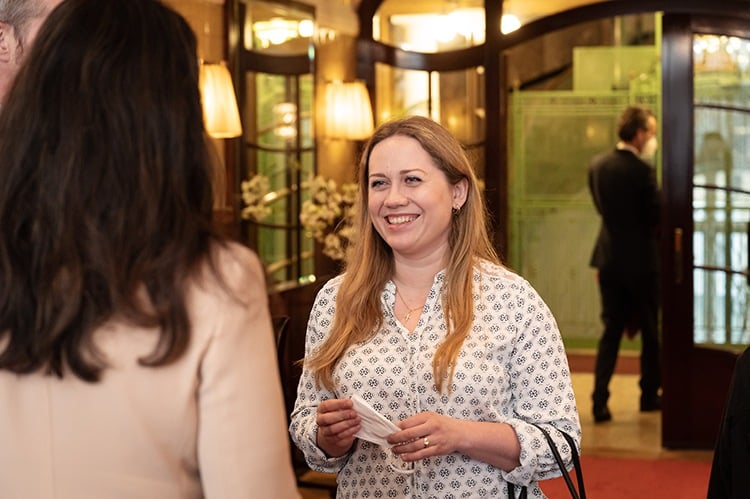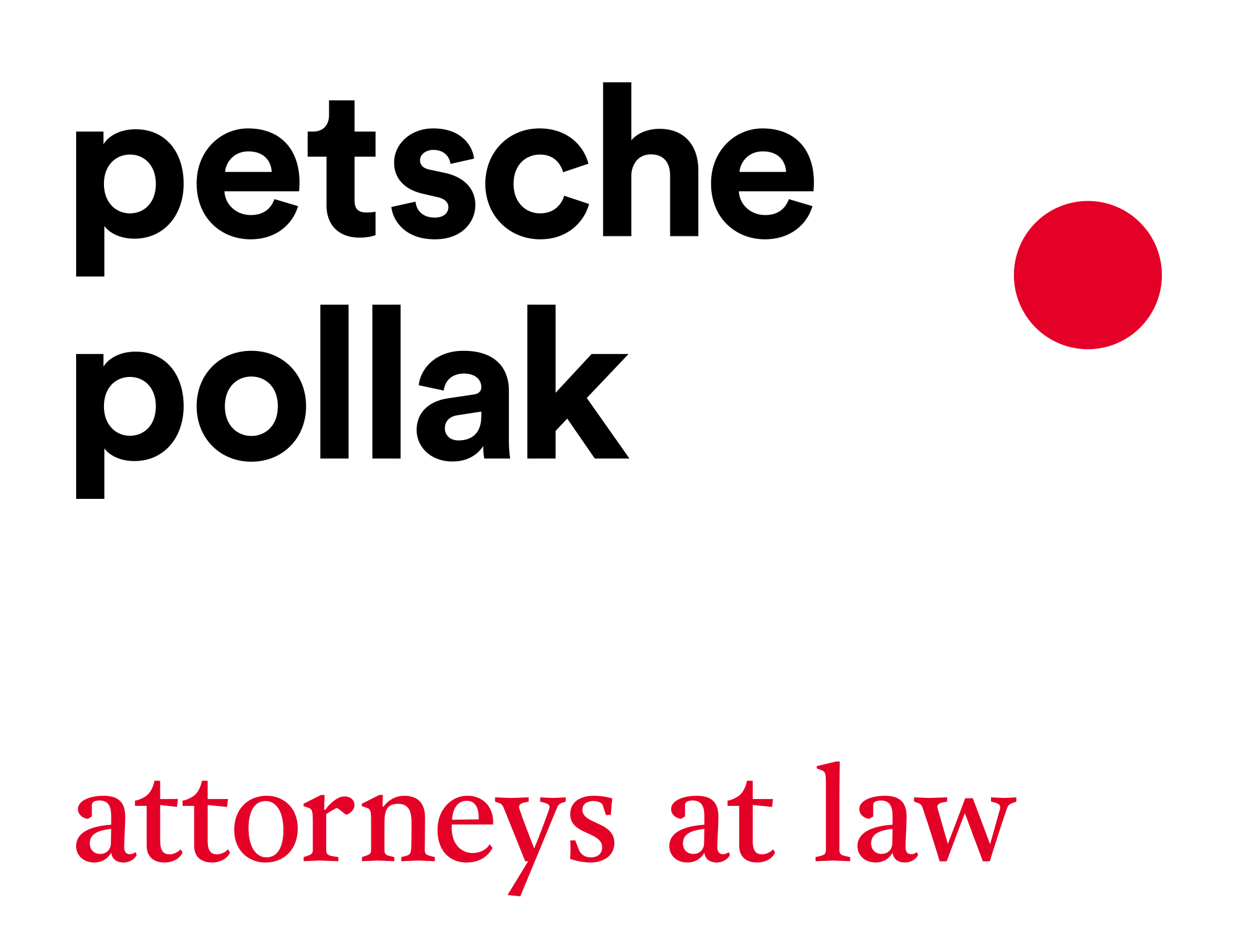Event Report
The Legal 500, alongside highly regarded Austrian disputes boutique and long-time Legal 500 partners petsche pollak, resumed their international events schedule in stunning fashion at the renowned Schwarzen Kameel in central Vienna for a wide-ranging roundtable on corporate criminal responsibility for human rights abuses in the supply chain.
Around the table were GCs and in-house counsel from the largest companies in the region who, in addition to contributing to the discussion themselves, were in attendance to benefit from the expertise of petsche pollak partners and co-founders Andreas Pollak and Simone Petsche-Demmel, who have both carved out an excellent reputation in Vienna for their dispute resolution services and made for the ideal legal minds to lead the conversation. Looming large over the roundtable, and the catalyst for the discussion, were the supply chain act passed in June 2021 in Germany, which will see the largest companies there compelled to perform due diligence on their entire supply chain for human rights abuses, and the EU draft corporate sustainability due diligence directive, which is intended to have a similar effect Europe-wide.
Andreas Pollak and Simone Petsche-Demmel began by discussing some currently pending cases which are instructive as to how future supply chain human rights abuses might be prosecuted and also serve to highlight that companies are already faced with supply chain-related risk; the upcoming legislation merely marks a ramping up of a trend which we can already see. Already, textile manufacturers in Europe including Hugo Boss, Aldi and Lidl are being investigated by the German Federal Public Prosecutors Office for allegedly benefitting from the use of slave labour from the persecuted Uighur population in Xinjiang Province in China. Similarly, an investigation is underway in France for Zara’s use of Uighur labour in its production process, despite no law existing as yet that forbids buying from China. The picture became clear: NGOs and other interested entities can bring human rights cases against companies even in the absence of specific legislation empowering them.
This dynamic is likely to gather speed. The EU Draft corporate sustainability due diligence directive is unprecedented in its potential for ensuring transparency in international supply chains and made for a scintillating discussion by those in attendance. The reason for this is that knowledge of the draft directive, and how wide ranging it is, leads to an obvious question: what company with an international supply chain would not be vulnerable to prosecution for human rights abuses given that not only direct suppliers, but secondary or even tertiary suppliers can be sanctioned? Bearing in mind the legal principle of corporate criminal liability, as Austria and some other countries already implemented, this development is even more meaningful. The feeling around the table was that this legislation–depending on how aggressively it is implemented–has the capacity to fundamentally change the way business is conducted in Europe.
The conversation then moved on to how in-house counsel, and their external legal risk advisors, can go about mitigating risk. Mandatory supply chain due diligence, according to those in attendance, may mean that complete control of the production process could be required. Some GCs in attendance felt this could mean a rethinking of the standard corporate inclination to outsource and offshore as much production as possible, with more production localised in Europe. Others, taking a more moderate view, felt that companies will now insist on only sourcing components from wholly-owned subsidiaries abroad.
The conversation ended on a positive note. While most agreed this this was likely to increase their risk management workload, the feeling around the table was that human rights abuses are a clear and present danger that it is everyone’s duty to attempt to eradicate. If in-house lawyers are well-placed to fight this fight, they are happy to do so. At the post-roundtable breakfast, which included the straight-off-the-bone ham that The Schwarze Kameel is known for, many commented on how pleasant it was to attend the sort of legal industry event that was so common before 2020 and so rare since, and how useful it is professionally for in-house lawyers to meet each other and share experiences.
We at The Legal 500 would like to share our sincere thanks to petsche pollak, especially co-founders and partners Andreas Pollak and Simone Petsche-Demmel, for their partnership in this event, and to all those who attended.
We look forward to covering this issue further in events, research and publications as the picture develops.

